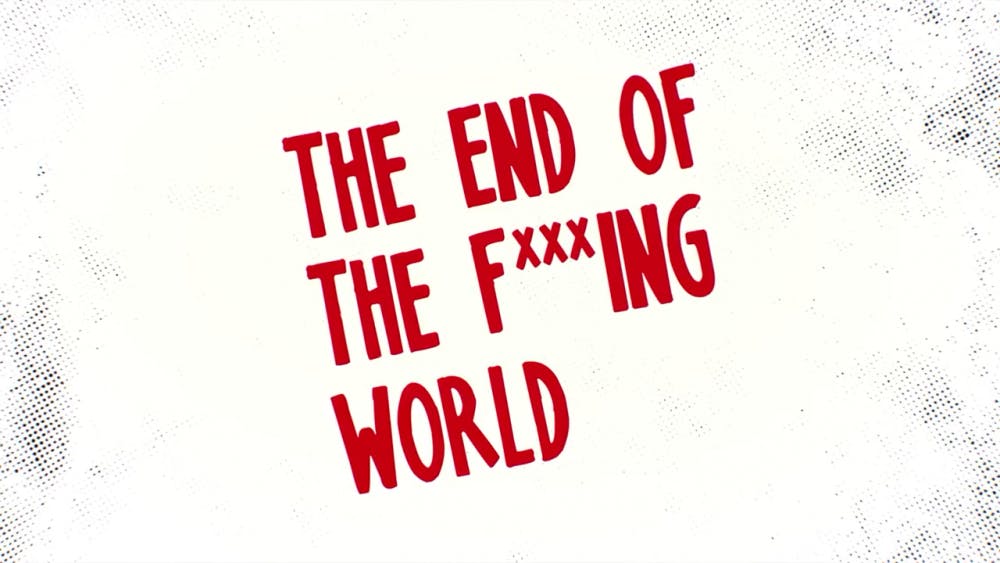The term "black comedy" gets thrown around quite a bit. It’s one of those easy–to–grab labels that anyone can stick on a film or television show that made them laugh more than they believe it should have. At the core of any black comedy is the exploration of traditionally taboo subjects through the lens of humor or satire, often of the dead–pan, misanthropic variety. Dark humor is a tool people have used for hundreds—if not thousands—of years in theatrical arts; making light of life’s inevitable darkness is, after all, a natural coping mechanism.
The black comedy also has a reputation for being very difficult to execute, due to the fine tonal line it must walk to remain engaging without teetering into unwatchable morbidity. Good writing is obviously indispensable, as are extreme levels of discretion in handling upsetting subject matter. However, a successful black comedy is more than the sum of its parts. To avoid drifting into gimmicky territory, it must select moments of emotional weight and tenderness with care without compromising its overall sardonic tone.
The British television show The End of the F***ing World, of which all eight 20–minute episodes are available on Netflix, does an impeccable job walking the fine line required to successfully execute a black comedy. The darkness of the series is evident from the moment we are introduced to one of the two 17–year–old main characters: James (Alex Lawther) believes himself to be a psychopath with the capacity to kill Alyssa (Jessica Barden), the other lead. Unexpectedly, Alyssa takes a quick liking to an opportunistic James, and the two abruptly embark on a messy escape from their mundane teenage lives, running into trouble soon afterwards.
Both James and Alyssa provide commentary as their misadventure unfolds. Through sincere and naturalistically performed narration, we are given access to their thoughts, which prove to be warmer and more sensitive than the brooding, despondent James and the rebellious, angry Alyssa we witness on the outside. Narration, when applied inconsistently throughout a movie or television show, can feel more like a device of convenience rather than of narrative significance. In The End of the F***ing World, it is through narration that we come to understand the softer, kinder, more loving sides of the two very hardened leads. The balance between the evident darkness in the characters’ dispositions and circumstances with the growth of their capacity to love is part of why this show works so well as a black comedy.
The End of the F***ing World is a heartfelt, epic journey, which thrives in the semi–fantastical British suburbia where most of the show is set. A fully–realized satirical edge allows viewers to ease into the grimmer elements of the series, particularly James’ initially very upsetting character. Remarkably, the series is able to handle heavy topics such as death, suicide, mental illness, and abuse without diminishing their significance or losing touch with its sense of humor.
The dark humor of The End of the F***ing World is much more than an application of good writing to tell a bizarre story in an entertaining way; it is crucial to making James’ and Alyssa’s criminal misadventure mean something. We come to recognize that everyone in the duo’s grim world is masking their pain with avoidance, apathy, or distraction, including the leads themselves, whether they are conscious of it or not. It is only natural to scramble to stifle pain as quickly and effectively as possible. But, as James and Alyssa come to realize, it is far better to feel the full scope of human emotion, from love to sadness to pain, than it is to feel nothing at all.







